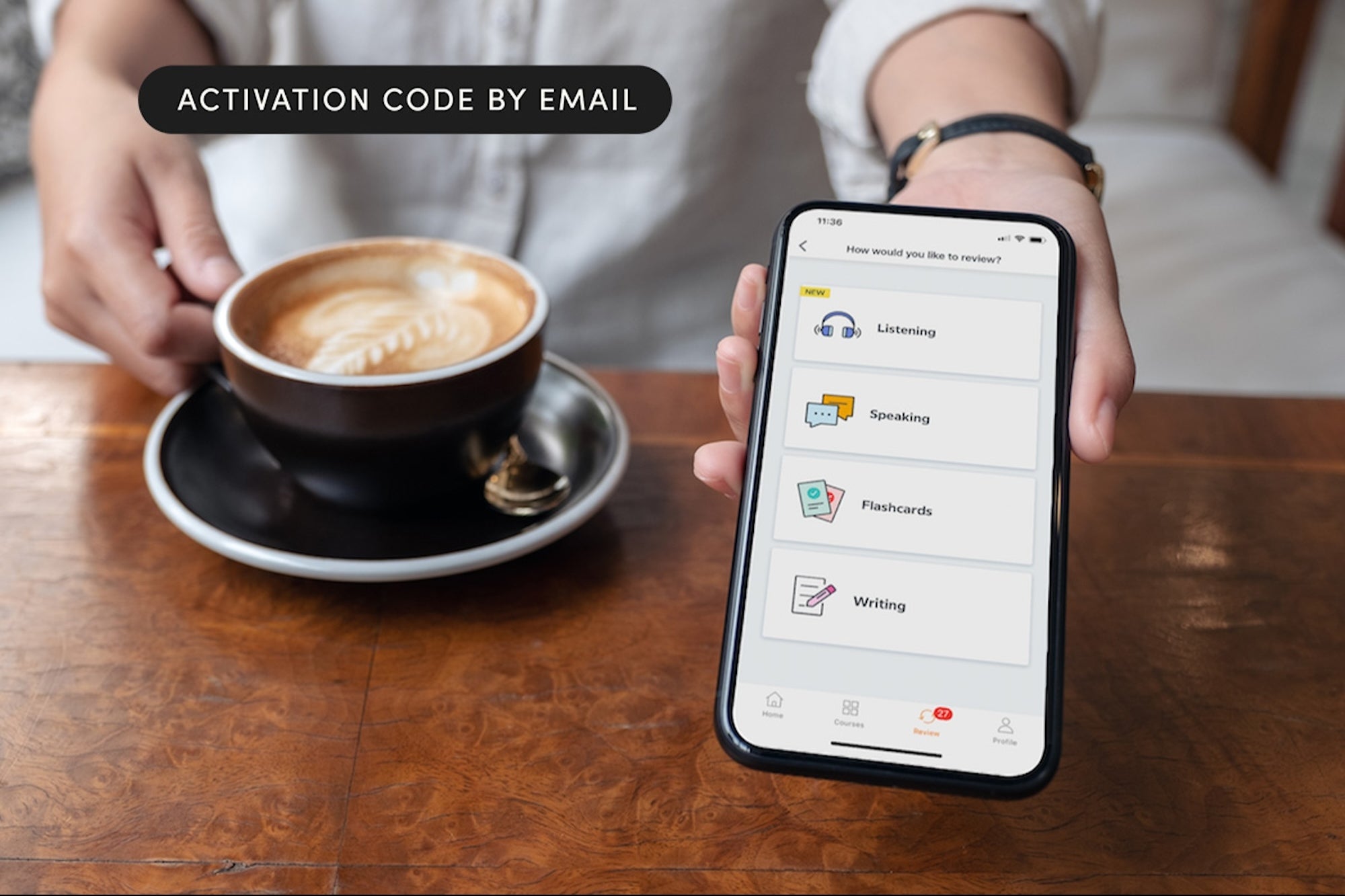Protecting Your Prototype Our Product Development Expert shows you how to protect your idea when you're creating a prototype.
Q: I'm about to buy prototyping services from a local machine shop. How do I prevent the people in the shop from stealing my idea?
A: People steal successful products; they don't steal ideas. Very seldom will an inventor have an invention stolen in its early stages of development unless it's in the high-tech industrial field. Generally the inventor has more to gain than lose by cautiously exposing his or her idea.
That said, there are three things you can do to protect your ideas and inventions while dealing with vendors and others:
1. Use a nondisclosure agreement (NDA).
2. Mark your drawings and other documents as restricted.
3. Keep a development log.
The NDA is a traditional and accepted document that most vendors will sign. It should read something like this:
"The undersigned person representing (company that you are dealing with) agrees to hold all verbal discussions, drawings and other documents received from (your name) as confidential, and will not reveal these to third parties except for persons within said company who have a need to know."
For a more complete and formal NDA, see David Pressman's book, Patent It Yourself(Nolo Press). Your drawings and sketches should all be marked as confidential. A simple statement such as the following should be printed or rubber-stamped on each drawing:
"This drawing is the confidential property of (your name or business name), and must be returned with the completed work. Photocopying or copying by any means is forbidden. Transmittal to parties outside your company requires explicit permission from the above."
Keeping an inventor's log book is important not only for protection against someone stealing your invention but also to prove you're diligently pursuing it. If two people submit patent applications to the Patent & Trademark Office within a short time of each other, the person who has maintained the best records of development and has the earliest provable date of conception will generally prevail as the true inventor and will be granted the patent.
Purchase a good notebook with sewn in pages-never anything loose-leaf or having a cheap adhesive binding that the patent examiner or courts could construe as easily manipulated. The pages should be pre-numbered (the numbers printed in the book, not handwritten). Staples and Office Max each sell a bookkeeping book that's perfect for this purpose. Have important entries witnessed and signed. The signers should write the following statement: "Witnessed and understood by (signature) on (date)."
Use only persons who will be credible witnesses, not your spouse or relatives, or any friends who may profit from your invention. In addition to the above, work with good drawings if possible. Sketches on the back of a napkin won't be taken as seriously as good CAD (computer assisted design) drawings.
Jack Lander is a prototyper for inventors. Prior to starting his own business, he worked for several years as a corporate manufacturing engineer and later, as a mechanical design engineer, acquiring 13 product patents. You can contact Jack at (203) 792-1377 or visit his Web site, The Inventor's Bookstore, at www.inventorhelp.com.
The opinions expressed in this column are those of the author, not of Entrepreneur.com. All answers are intended to be general in nature, without regard to specific geographical areas or circumstances, and should only be relied upon after consulting an appropriate expert, such as an attorney or accountant.










